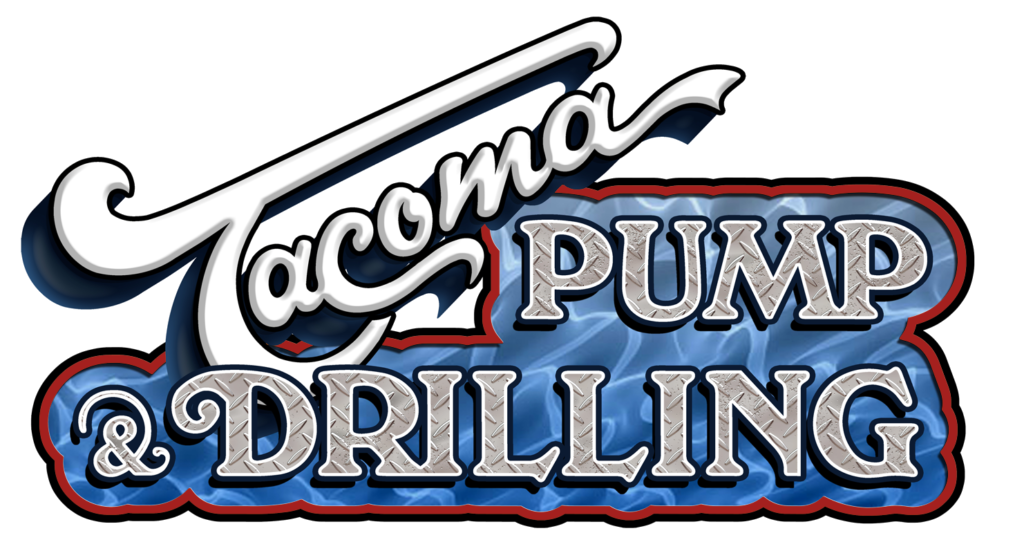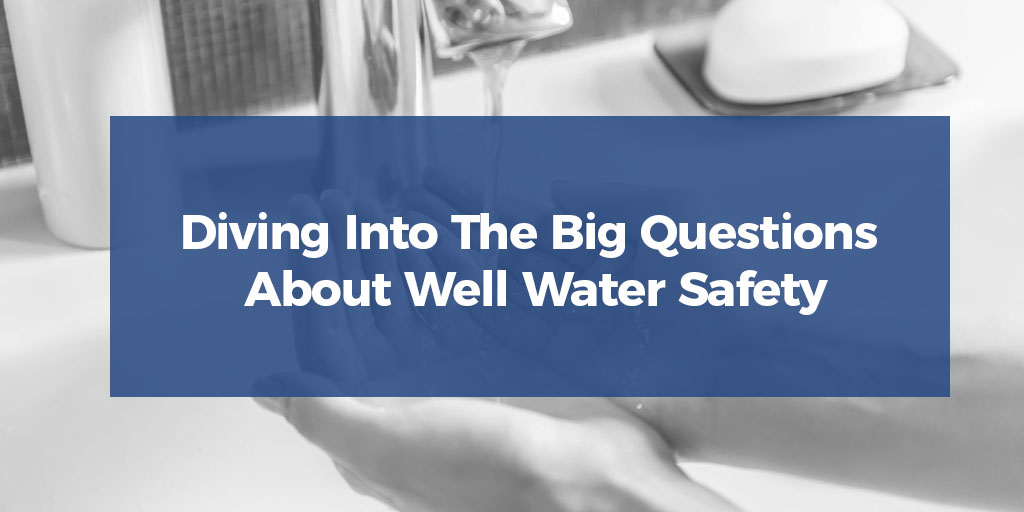If you’re using well water on your property, you need to learn about some of the safety concerns associated with it.
A lot of people that live outside of large cities and towns use wells as their main source of water. Governments at the federal and state level regulate the limits on contaminants in public water supplies. That’s not the case for private wells.
In this post, we’re going to talk about well water safety and whether adding a well is the right move for your home. Wells require more maintenance, but 1 in 7 Americans believe that they are superior to city water. Let’s look at some pros and cons to help you find out if you’ll love it or hate it.
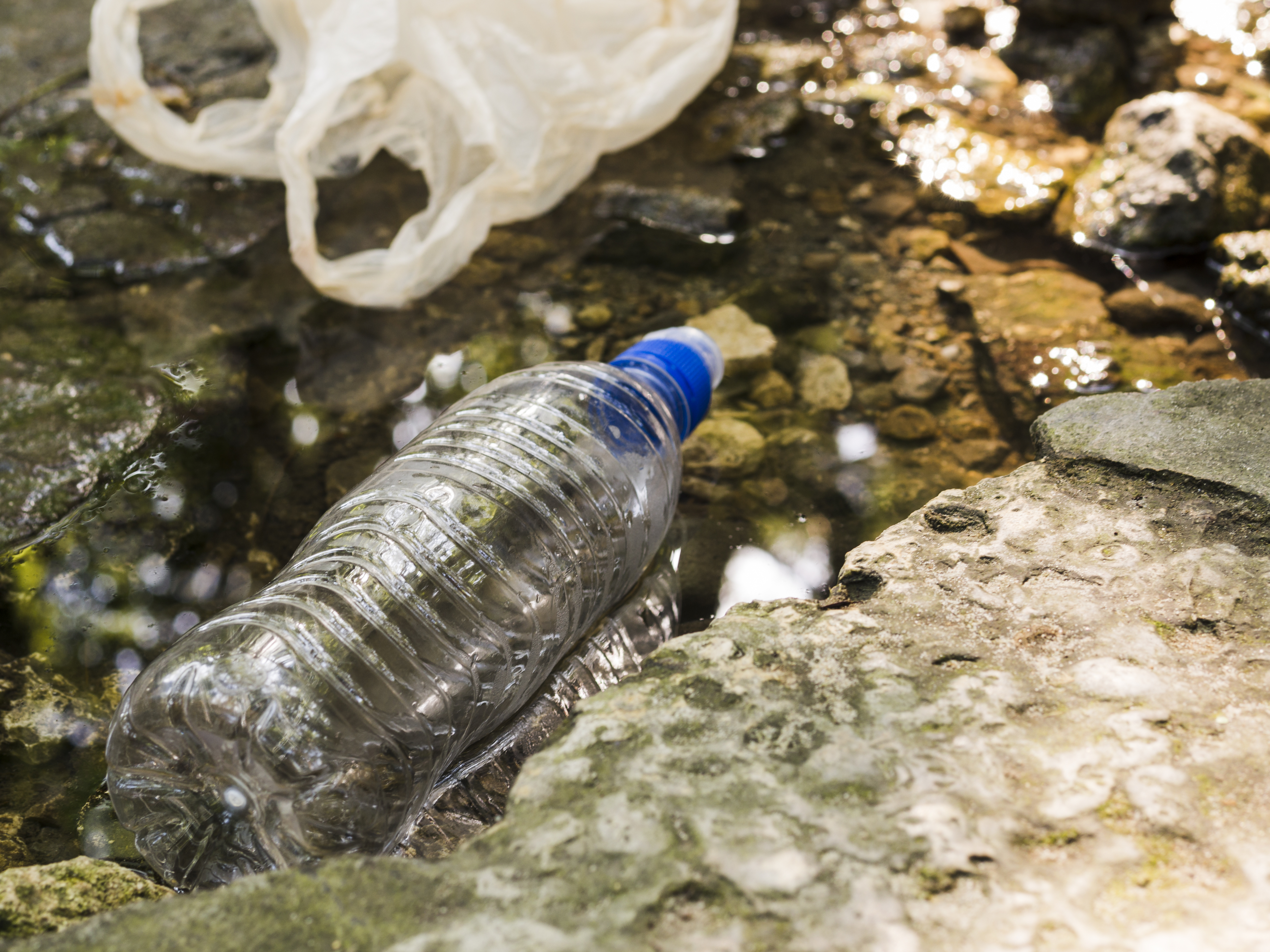
What Are the Types of Contaminants?
10 years ago, the US Geological Survey performed a study on thousands of private wells in America. They found that 1 in 4 was badly contaminated. Water contamination in high numbers is dangerous for your health and, if you’re on a farm, the health of your crops.
There are a few common culprits when it comes to water contamination. Uranium, radium, arsenic, and fluoride are typical substances found in groundwater. Some of the human elements that contaminate well water are nitrates, industrial waste, pesticides, lead, copper, and bacterial microbes.
When you consume water that contains high levels of these contaminants, you could be risking anything from an elevated chance of some cancers to gastrointestinal illnesses. For that reason, you need to regularly test your water for contaminants.
There are several positive aspects to using well water. It’s generally healthier and free from environmentally harmful chemicals, but only if you keep it that way.
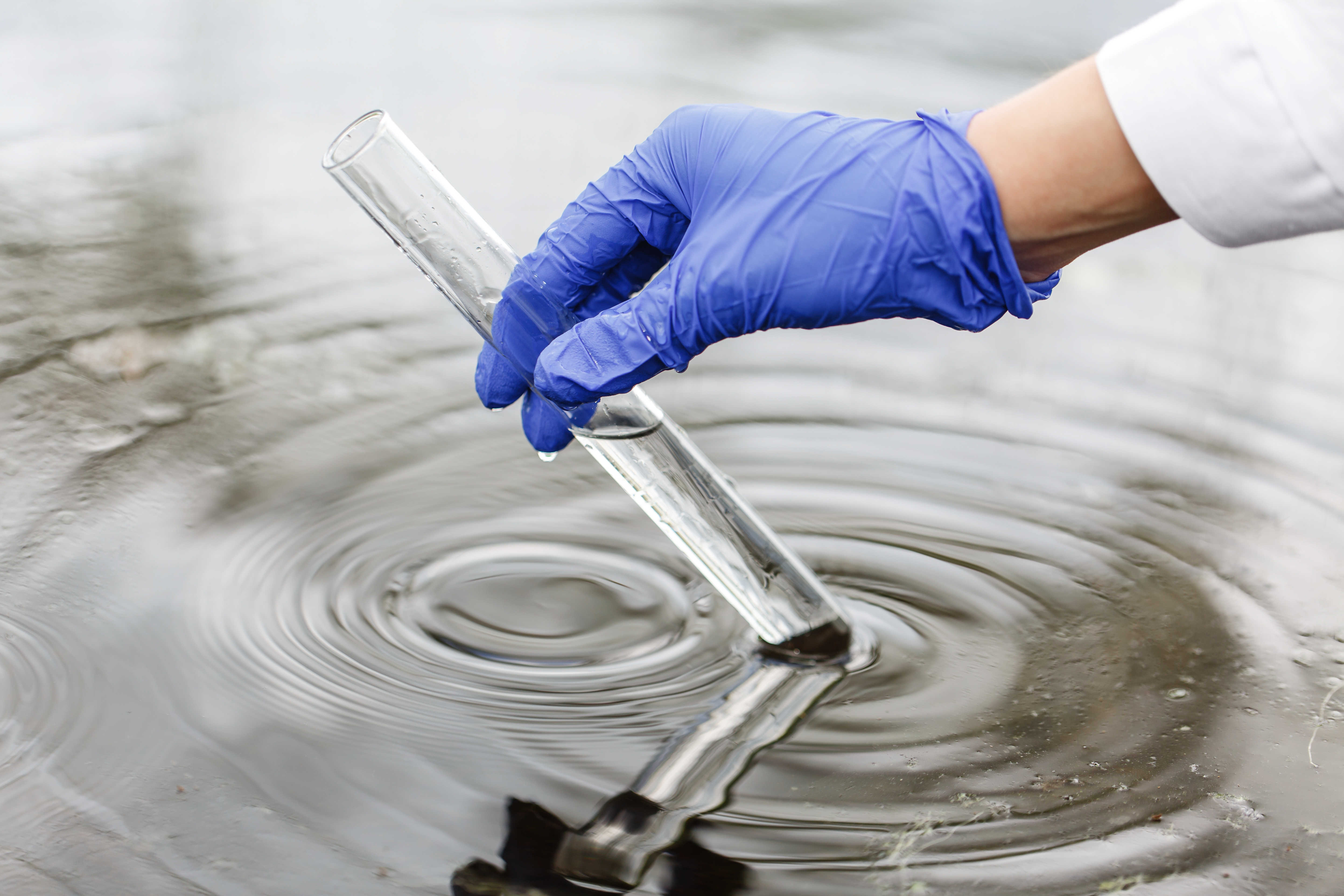
How Do You Test for Contaminants?
The CDC recommends that you test well water every spring. But, you should also do it anytime you have concerns about water quality. If you’ve got a pregnant or nursing person in your household or it’s the first time you use the water from the well, you should also test.
When Tacoma Pump & Drilling installs or replaces a well on your property, they take great care to ensure that you’ll never experience contamination. However, unavoidable things can occur that have nothing to do with the actual well.
You can buy water testing kits from any hardware store, but they’ll often only test for one type of contaminant. If you want to be safe, bring a water sample into a private lab or your local department of health once a year to confirm the quality.
It’s recommended that you test for bacteria once per year and nitrates once every three years.
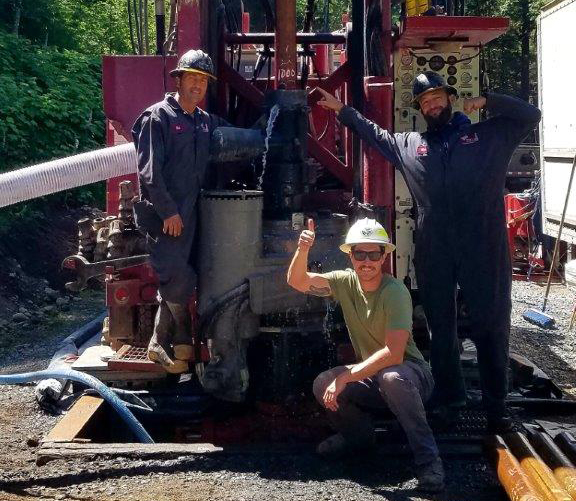
How You Should Approach Well Water Safety?
If you perform regular maintenance on your water well by checking for cracks, corrosion, or missing caps, your water should be perfectly fine. Being smart about well water safety will prevent any disasters from occurring with your well.
To have a new water well drilled onto your Tacoma-area property, contact us today. We build wells that last a lifetime.
